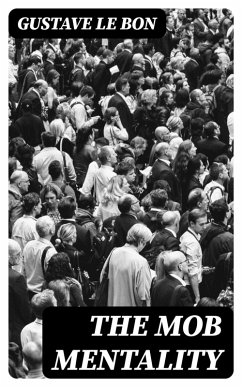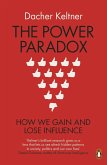In "The Mob Mentality," Gustave Le Bon delves into the psychological processes that govern collective behavior, particularly in crowds. Through meticulous observation and analysis, Le Bon employs a keen literary style that interweaves empirical evidence with philosophical discourse. His exploration of how individual rationality can dissolve in the face of crowd dynamics provides a foundational understanding of social psychology, echoing themes prevalent in post-19th century scientific inquiry. This work is situated in the broader context of emerging social theories during the period, intersecting with both sociology and psychology to illuminate the forces that shape human actions in group settings. Gustave Le Bon was a pioneering French social psychologist, whose extensive background in medicine and anthropology informed his insights into collective human behavior. His experiences observing political movements and social unrest inspired him to explore how anonymity and emotional intensity in crowds can lead to irrational actions. This book reflects Le Bon's concern with the implications of mob psychology in the face of modernity and the potential dangers it poses to societal structures. "The Mob Mentality" is an essential read for anyone interested in understanding the intricate interplay between individual psychology and collective behavior. Le Bon's incisive analysis not only enriches our comprehension of social dynamics but also serves as a prescient warning about the influence of mass movements in contemporary society.
Dieser Download kann aus rechtlichen Gründen nur mit Rechnungsadresse in A, B, BG, CY, CZ, D, DK, EW, E, FIN, F, GR, H, IRL, I, LT, L, LR, M, NL, PL, P, R, S, SLO, SK ausgeliefert werden.









